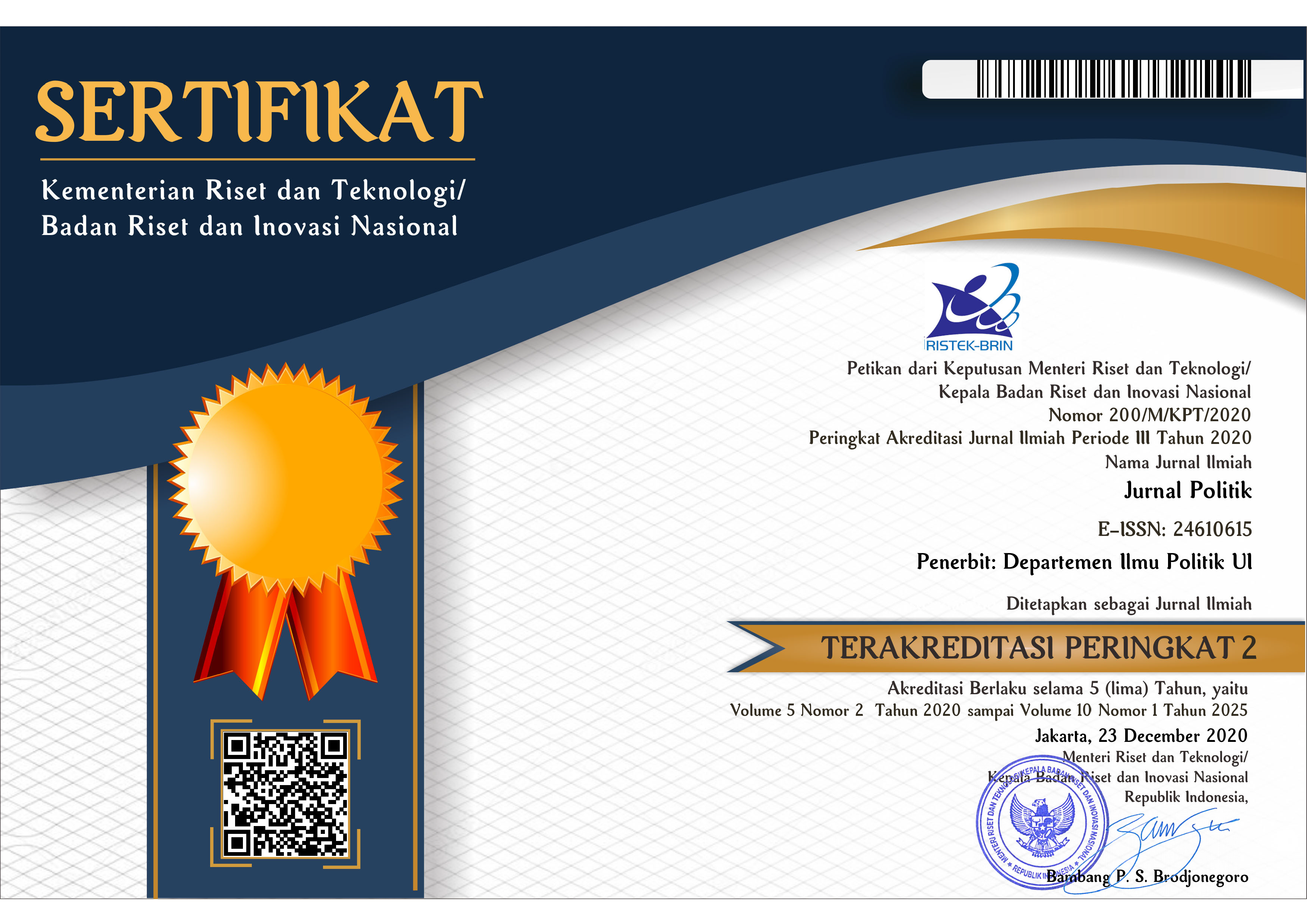Abstract
The relationship between democracy and social policy in Southeast Asia is a critical topic that has received insufficient attention. In general, trends in improving social policy as part of the government’s responsibility for citizens do not follow the trend of democratization. Even in autocratic countries, improving the quality of social policy is always a priority. This study answers the following question: what can the trend of improvement in social policy explain in relation to democratization at the state level? Through the comparative process tracing analysis method, this study demonstrated a discriminatory treatment factor in providing access to public services to certain groups related to the political forces that had been controlling the government. In addition, this study reveals several factors that have not been widely explained from the periodization of social policy changes in Indonesia, Malaysia, Thailand, and the Philippines.
Recommended Citation
Putra, Fadillah and Aminuddin, M. Faishal
(2020)
"Democracy and Social Policy in Southeast Asia: A Comparative Process Tracing Analysis,"
Jurnal Politik: Vol. 5:
Iss.
2, Article 3.
DOI: 10.7454/jp.v5i2.1014
Available at:
https://scholarhub.ui.ac.id/politik/vol5/iss2/3


